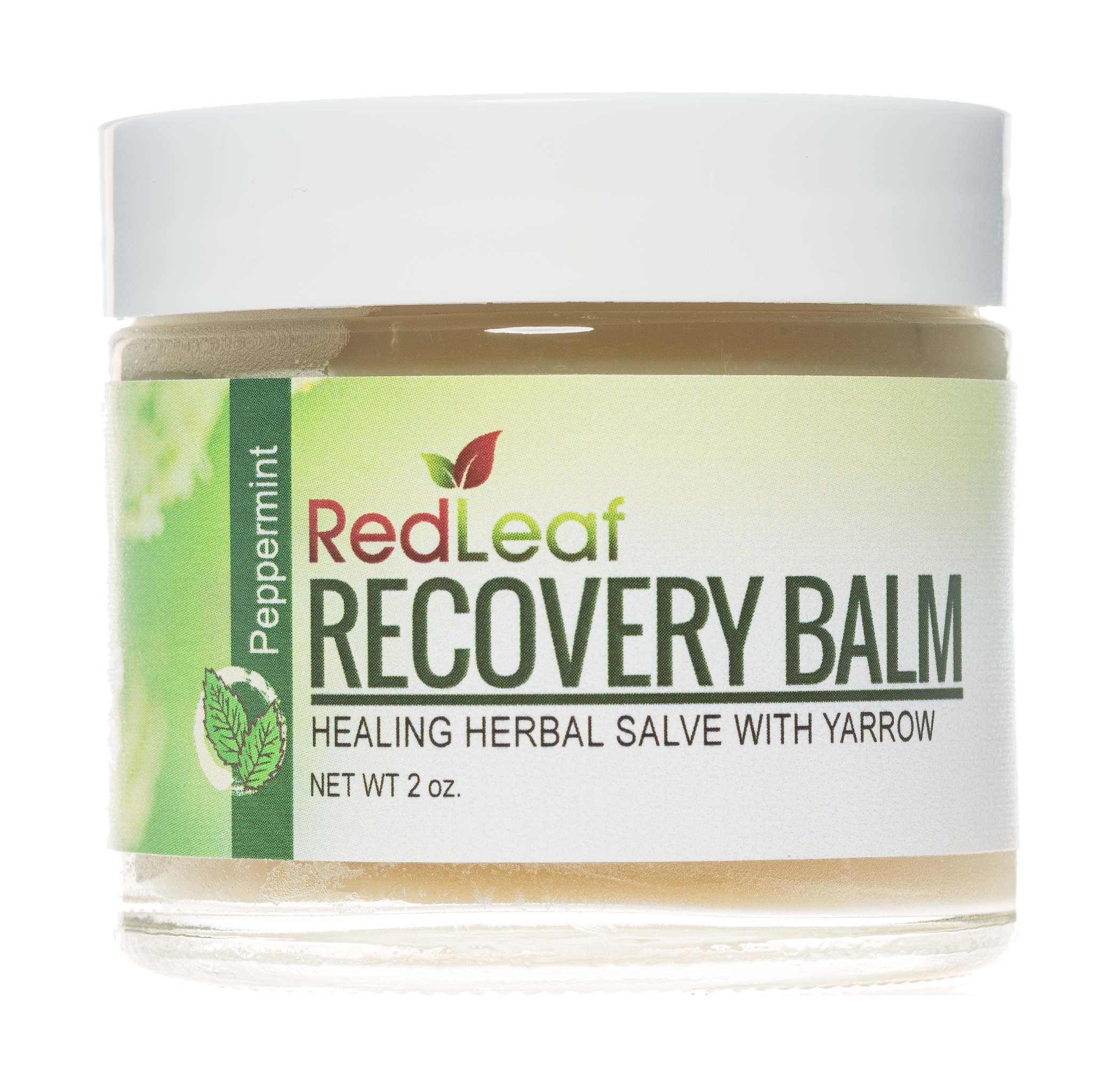Today is national “junk” food day, so what better day to discuss improving your relationship with food.
We all have personal relationships with food and that isn’t always a good thing. How many times have you heard a friend, family member, or even a stranger comment that they feel guilty for eating something “bad”? I have many times, but until recently, I thought guilt surrounding eating was normal.
Ever since I came across a video that talked about how guilt is linked to food, I’ve been reconsidering my own relationship with food. I think all of us deserve to be treated with grace and must work to treat ourselves with the same kindness.
We begin developing a relationship with food from a very young age. While it can be challenging to reconsider your relationship with food, especially if it’s negative, it’s never too late to improve your relationship with food. The good news is that because food is such a huge part of our lives, adjusting one aspect of our relationship with food can positively impact our overall health. So where do we start?
Emotion.
Emotion is at the forefront of all relationships, but it should not be a driving factor when choosing food.
Not prescribing emotions to foods, especially negative ones, is one of the most influential (and challenging) things you can do when improving your relationship with food.
Good food vs. Bad food
As children, we learn that there are foods that are “good” for us and foods that are “bad.” However, all food is “good” food in moderation.
Food is essential. Some foods may have more nutritional value or better suit our personal needs, but we cannot live without food.
According to an article by Healthline, restricting food can lead to more cravings. Tying negative emotions to food and labeling some as “bad” can do the same. When we restrict and create a negative emotional connection to specific foods, it can create a seemingly endless cycle of guilt. The article goes on to say that this cycle of guilt happens “when you restrict foods and believe they’re a rarity, [because] you’re much more likely to overdo it.”
Changing the negative emotional connection to food will not happen overnight, but being kind and forgiving can go a long way. Next time you feel guilty, remind yourself of all the incredible things your body does for you and remind yourself that no food is inherently “good” or “bad.”
Being in tune with your body before, during, and after meals is another important aspect in improving your relationship with food.
Mindfulness
Listening to yourself is another important aspect of improving your relationship with food. By being mindful during meals, you can monitor how hungry you feel and if you are truly enjoying what you are eating. One way to be mindful while you’re eating is to minimize distractions, like phones and tv, that make it harder to pay attention to feelings of fullness.
Doing mental check-ins, asking yourself questions about what you have chosen to eat, and why, can ensure you are eating things you enjoy and are eating because you are hungry.
Most importantly, remember no one is perfect. Instead of feeling guilt for being overly full, remember all food is good food, and continue to work towards more mindful eating.
“Instead of giving a reason for your food choices, allow yourself to eat food that you feel is best for you at that very moment.” – Healthline.
Navigating your relationship with food can mean something different for everyone. Just like our relationships with food, we are all vastly different.
Beginning to shift away from the idea of “good” and “bad” food, practicing mindfulness while eating, and being kind to ourselves are valuable steps in creating a positive relationship with food.
Working to better your personal relationship with food can positively impact other aspects of your life, but it is not something you have to do alone. Speaking with a doctor, therapist or dietitian may be another critical step in your relationship with food.
There is no one-size-fits-all answer to improving your relationship with food because you have to do what is best for you and find balance in your own life.
So, while today is national “junk” food day, it doesn’t mean you have to order dinner from a drive-thru window. It also doesn’t mean that you shouldn’t. What you choose to eat is completely up to you!
To celebrate national “junk” food day do what feels right for you, eat the food that sounds good to you, and maintain mindfulness. After all, national “junk” food day is just another day.



